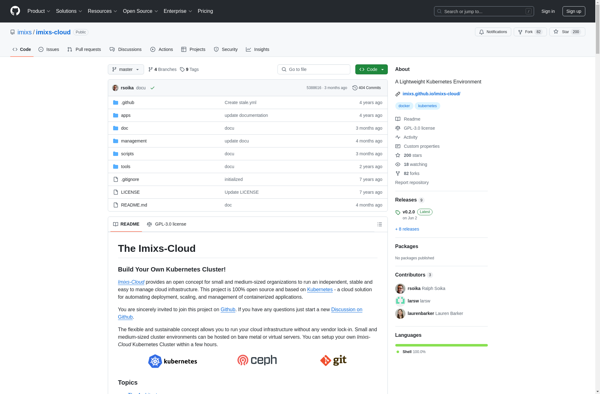Kubernetes
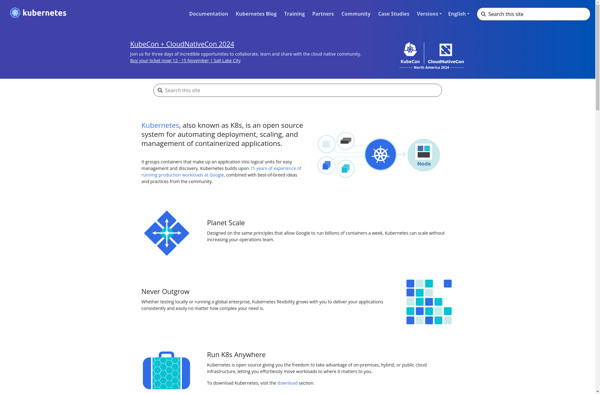
Kubernetes: Open-Source Container Orchestration System
Kubernetes is an open-source container orchestration system for automating deployment, scaling, and management of containerized applications. It groups containers into logical units for easy management and discovery.
What is Kubernetes?
Kubernetes is an open-source system for automating deployment, scaling, and management of containerized applications. It groups containers that make up an application into logical units for easy management and discovery. Kubernetes provides a framework to run distributed systems resiliently across clusters of machines, hide the complexity of managing many different types of hardware and expose it through a uniform and portable interface.
Some key features of Kubernetes include:
- Automatic binpacking - It automatically places containers based on their resource requirements and other constraints.
- Self-healing - It restarts containers that fail, replaces containers, kills containers that don't respond to health checks, and doesn't advertise them to clients until they are ready to serve.
- Horizontal scaling - It scales out by adding or removing replica pods very quickly through a command or UI interaction.
- Automated rollouts and rollbacks - It rolls out and rolls back application deployments and configuration changes smoothly.
- Storage orchestration - It automatically mounts the storage system of your choice, whether from local storage, a public cloud provider or a network storage system.
- Automated release management - It easily orchestrates the rollout of new software versions without downtime.
- Secret and configuration management - It safely stores and manages sensitive information and configuration details for your applications.
Overall, Kubernetes simplifies the deployment and management of containerized applications at scale.
Kubernetes Features
Features
- Automatic binpacking
- Self-healing
- Horizontal scaling
- Service discovery and load balancing
- Automated rollouts and rollbacks
- Secret and configuration management
- Storage orchestration
- Batch execution
Pricing
- Open Source
- Managed Services
Pros
Cons
Official Links
Reviews & Ratings
Login to Review1 review
Rating Breakdown
Recent Reviews
andrew
May 30, 2025Powerful, Scalable, and Incredibly Complex
Kubernetes is the most powerful container orchestration platform available, offering incredible flexibility for deploying, scaling, and managing modern microservices applications. It excels in performance and reliability, making it the backbone of infrastructure for companies operating at scale. The feature set …
Rating Distribution
The Best Kubernetes Alternatives
Top Network & Admin and Container Management and other similar apps like Kubernetes
Here are some alternatives to Kubernetes:
Suggest an alternative ❐AWS Firecracker
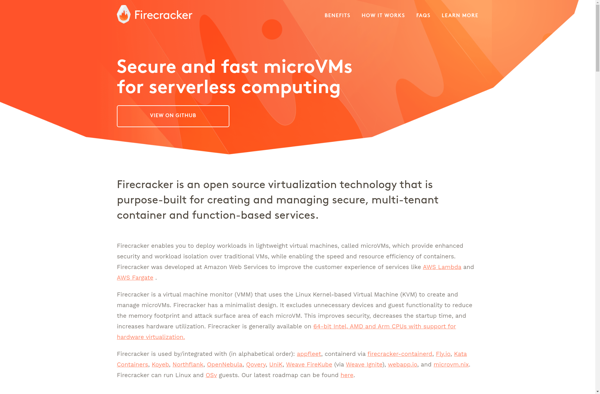
Portainer
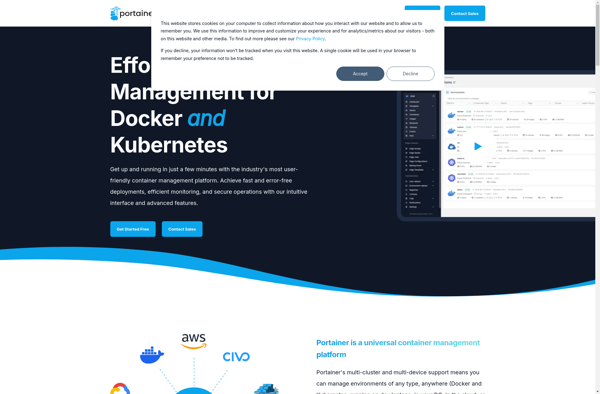
Rancher
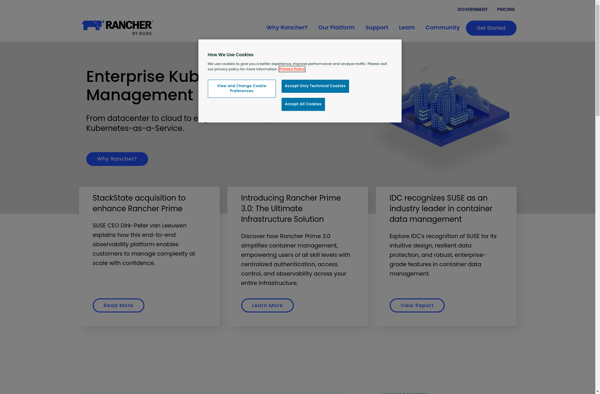
Heroku

OpenShift

Vagrant
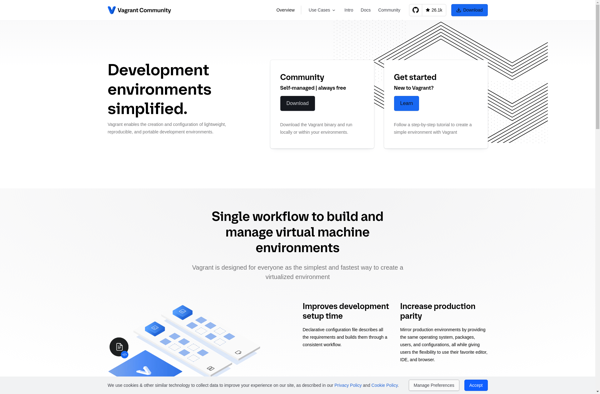
Virt-manager
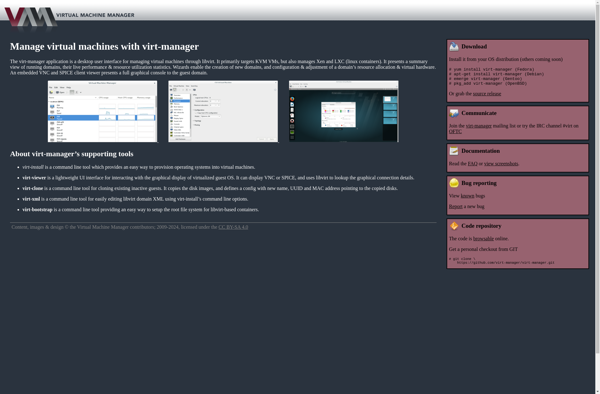
Rancher Desktop
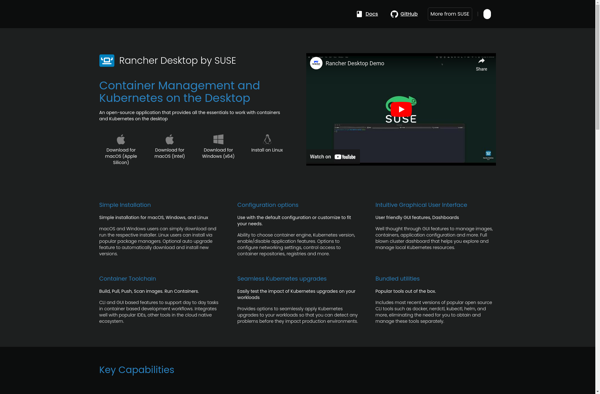
Consul by HashiCorp
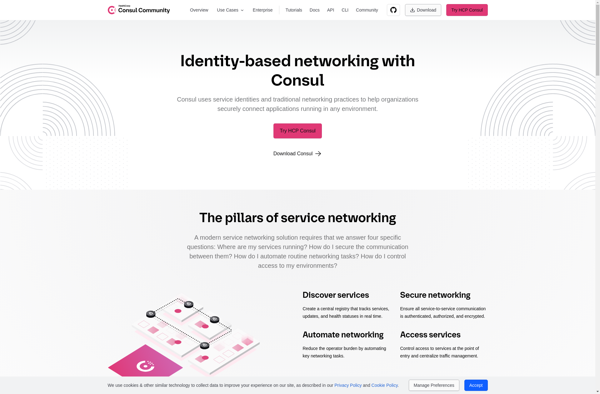
Deis
HashiCorp Nomad
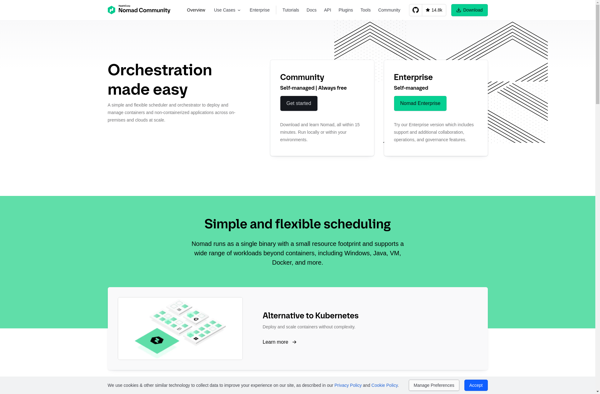
Last.Backend
Overnode
Docker Swarm
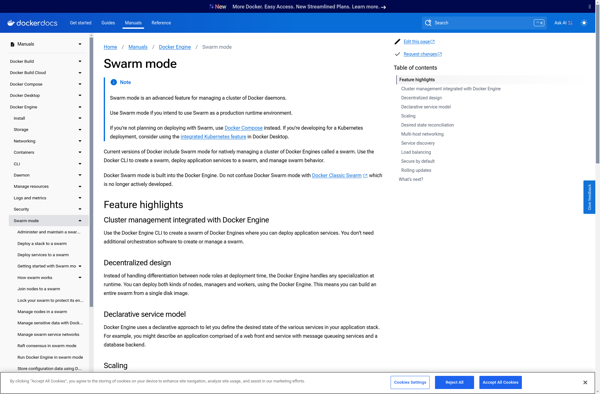
Qovery

OpenFaas
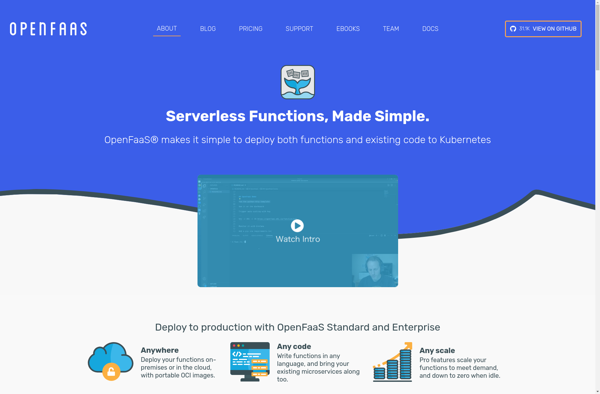
EvenNode

Apache Mesos
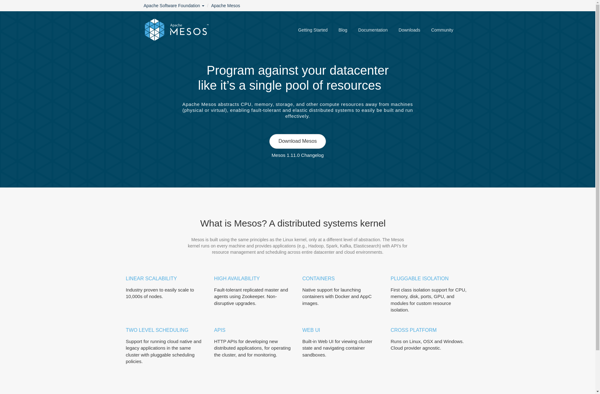
Platform.sh

Knative
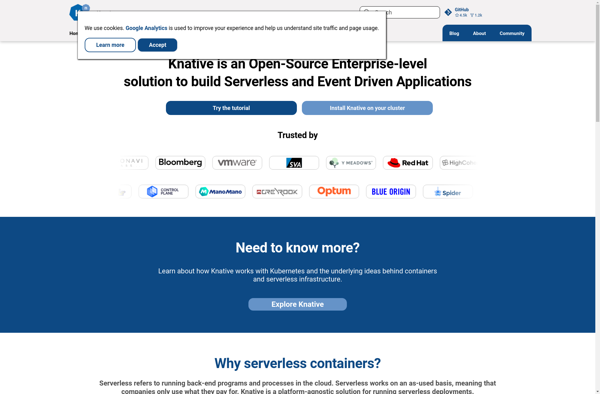
Lazydocker
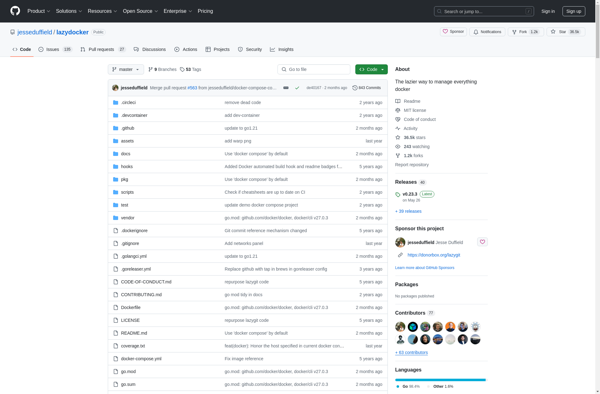
Nanobox
Kontena
Dokku
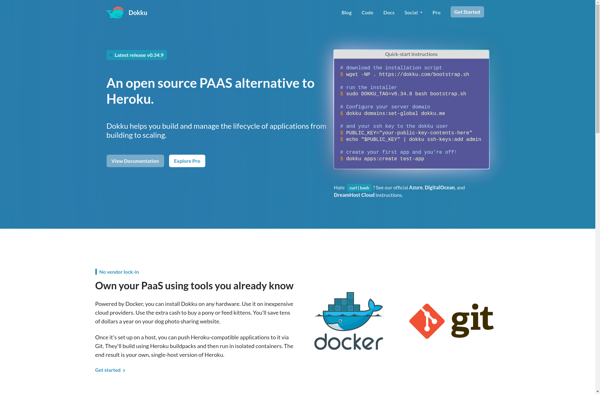
Mesosphere DCOS
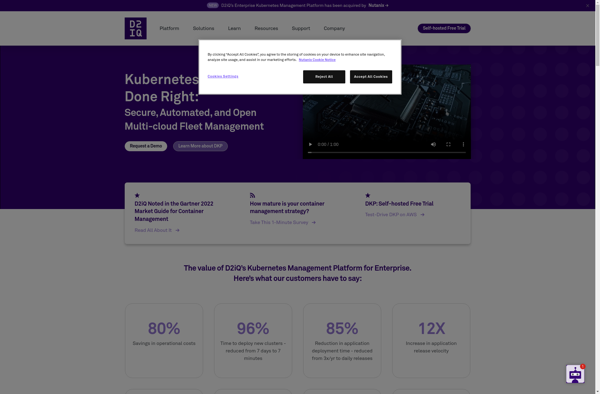
Nebula Container Orchestrator
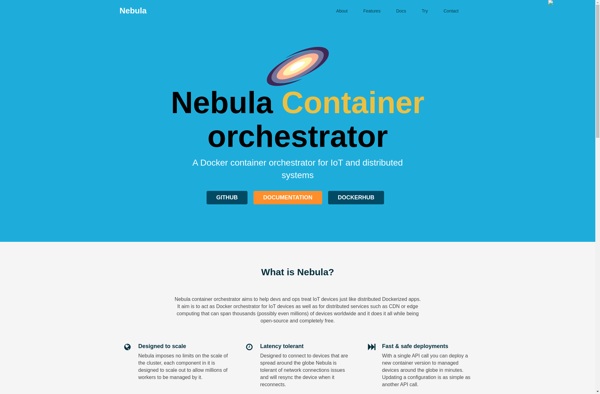
Virtual PC
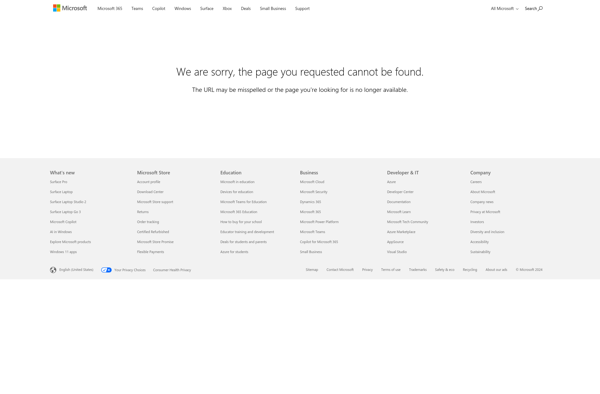
Cycle.io
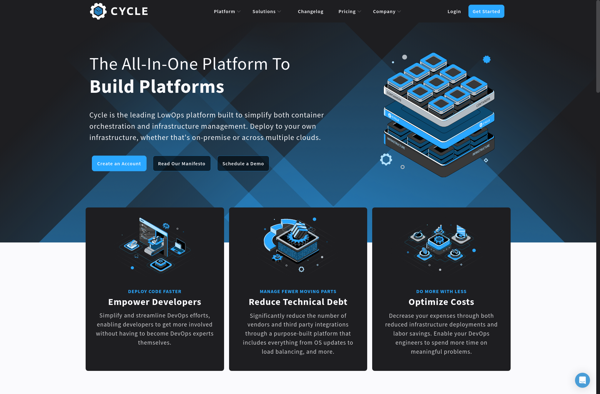
Chef Habitat
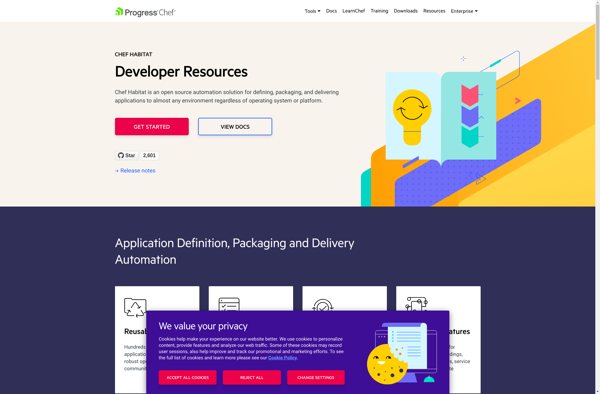
Apache ZooKeeper
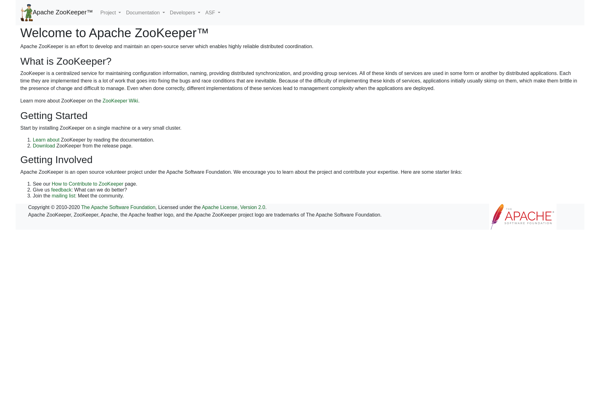
DataCol
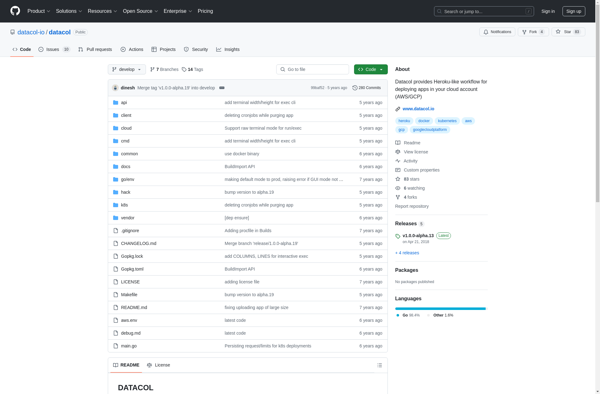
Panamax
Kublr
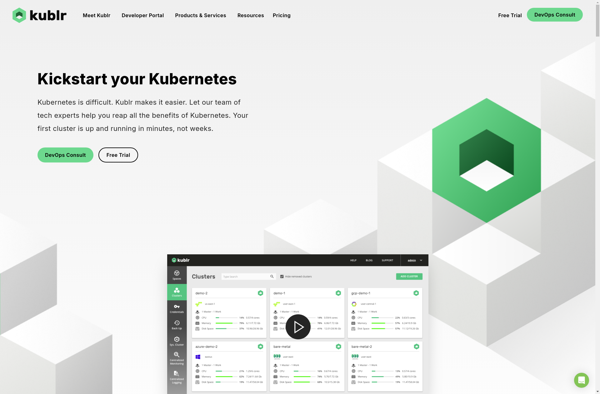
TuTum

Stackato

StackEngine

Magalix

Service Fabric

Imixs-Cloud
